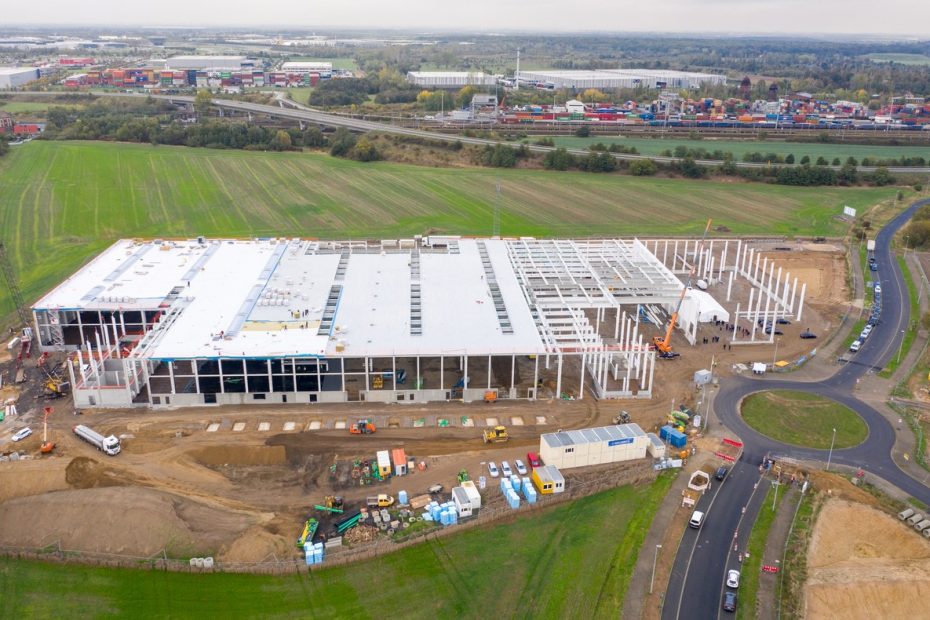In order for the European Union to achieve its goal of climate neutrality by 2050, all Member States need to contribute. In Romania, the collaboration between the private sector, the authorities and the civil society is essential for the implementation of the decarbonization strategy of the economy, according to the participants in the XXVI edition of the “SustainAbility Talks” debate, organized on June 16, 2022 by the Sustainability Embassy, with the support of the German Embassy in Romania.
“From the perspective of this strategic objective – sustainability, decarbonization, new industrialization – Romania must take the necessary steps to ensure those milestones we have. How can we do that? Through investments,” said Florin Spătaru, Minister of Economy, during the debate, giving as an example the car industry. “We had discussions with the two major manufacturers – 28% of GDP comes from the automotive sector. […] We will also have investments in the battery industry in a mega factory. We are working on the project, it will be completed.”
The changes brought by the decarbonization process of the Romanian economy are starting to be felt at the level of financing granted for investments in all fields.
“As of January this year, all the investments we support are carbon neutral and, from 2025, 50% of our annual investment volume in Europe will be allocated to green investment,” said Lara Tassan Zanin, Director of the Representation of the Group of the European Investment Bank in Romania. “Sometimes we tend to polarize things in Romania, to say that the responsibility lies with the private sector or the public sector. In fact, it is the responsibility of both parties. This important green transition will not take place without the involvement of both sectors.”
Lara Tassan Zanin believes that another important issue is related to the capacity to produce renewable energy and how it will be absorbed into the national transmission system. “We have signed an agreement with Transelectrica on the provision of consulting services that will help them simplify the project approval procedure.”
The effects of the transition to a green economy are already beginning to be seen in the Romanian economic environment, an example of which being the Liberty Galati steel plant.
“We have the Green Steel strategy, part of an extremely ambitious vision to have a climate-neutral company by 2030. We will achieve this with investments of almost one billion euros in Galați alone, which include two arc furnaces to make the transition from using fossil fuels to electricity, which will inevitably lead to a 30% reduction in carbon emissions. We are also talking about a component of this investment that relates to the circular economy, because we will use a much larger amount of steel waste,” said Adrian Mărgărit, Head of Strategic Projects, Liberty Central and East Europe, adding that in these conditions, the annual steel production will increase to four million tons.
For the strategy to decarbonize the Romanian economy to be successful, experts believe that all actors involved, both in the private sector and in the public sector, must take immediate action.
“If we set goals that are too far away, if we want to achieve climate neutrality in 2040 or 2050, everyone will agree. We will think that we have a lot of time available, that we will find the necessary technologies, but we will not be able to reach neutrality. But if we say we need to achieve this goal in eight years, then we need to start taking action now, and that was the idea behind the 2030 time horizon. It’s definitely a big challenge, because it’s not just about technology, it’s about changing the way people think and behave,” says Prof. Dr. Barbara Lenz, former director of the DLR – Berlin Transport Research Institute, Member of the EU Mission Committee on Climate-Neutral and Smart Cities and Member of the Commission of Experts for the Monitoring Report “Energy of the Future” of the German Federal Government.
